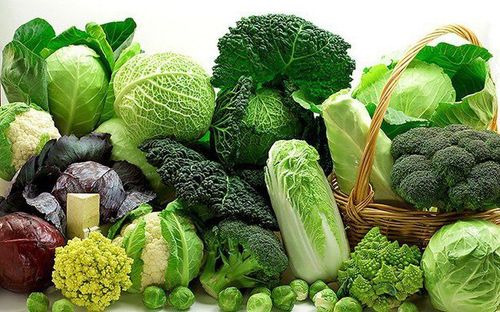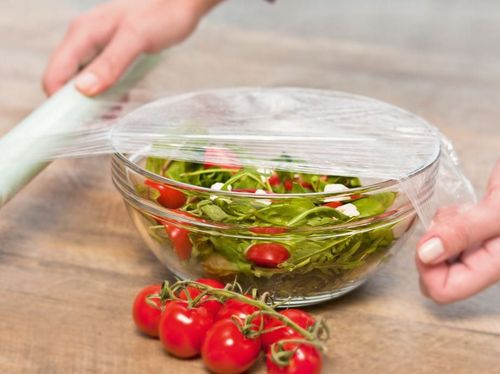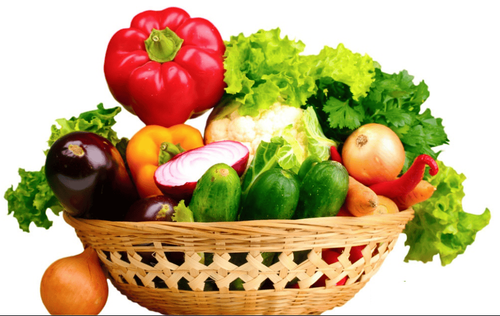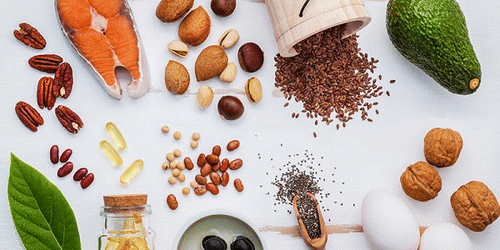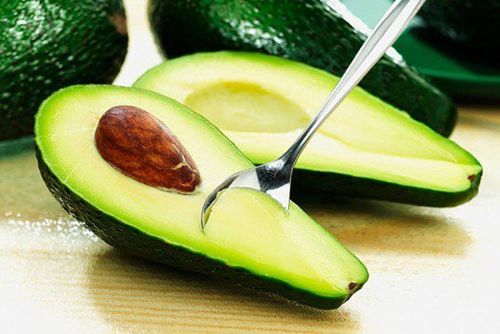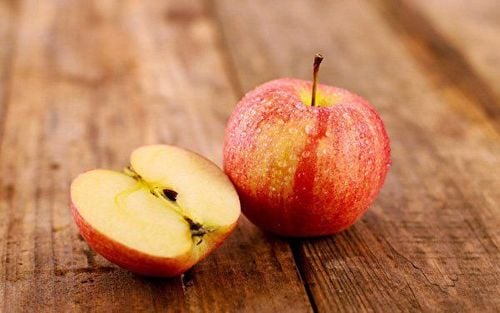This is an automatically translated article.
In 2016, the UN announced a global effort to reduce food waste, more specifically, the goal is to halve food waste by 2030. So what are the benefits of reducing waste? everyday food? And what effective solutions are there to reduce food waste?
1. The benefits of less food waste
Save money by buying only the required amount of food and avoid the extra cost and manpower to destroy them. Reduce methane emissions from landfills and reduce carbon emissions. Better manage energy and resources and prevent pollution associated with growing, producing, transporting and selling food. Community support benefits by providing the unused food of those who have a surplus to those who are in dire need of food, or who do not have a stable food supply.
2. How to reduce food waste
2.1. Planning tips By making a list of your meals for the week, you can save money and time as well as make healthier food choices. You don't buy more than you need to use, you are more likely to keep food fresh and use it up:
First, take a look at what's left in your refrigerator and what needs to be used. Use before you go to buy more food.
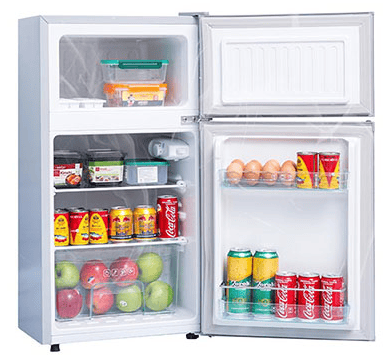
Kiểm tra đồ trong tủ lạnh để tận dụng trước khi mua thêm thực phẩm
Make a list of the food you plan to prepare and the ingredients needed for that dish. When going to the supermarket, stick to that list, choose food wisely, avoid buying too much, which is easy to waste. Instead of going to the supermarket once a week to buy food for the whole week, you can visit the supermarket every few days to always buy fresh food. 2.2. Proper food storage Improper storage leads to large amounts of food waste. Many people don't know how to store fruits and vegetables, which can lead to premature ripening and eventual rotten produce.
Learn how to store fruits and vegetables so they stay fresher longer inside or outside of your refrigerator. Use seasonal fruits to avoid freezing them too much. Many fruits give off ethylene gas (a gas that promotes ripening in foods and can lead to spoilage) which causes other nearby produce to spoil faster. Such fruits and vegetables include: bananas, avocados, tomatoes, cantaloupe, peaches, pears, scallions... when storing them keep them in different bins or trays and keep them out of the way foods sensitive to ethylene gas such as potatoes, apples, green leafy vegetables, berries and peppers to prevent spoilage. Don't wash the berries until you've used them to avoid mold. If you like to eat fruit at room temperature, but still keep it in the fridge for maximum freshness, and only take what you eat for the day out of the fridge in the morning 2.3. Storing food Marinating, drying, canning, fermenting, freezing, and curing are all methods you can use to help food last longer.
These methods not only help reduce carbon emissions, but they also save you money. Furthermore, most preservation techniques are simple
and easy to implement.
For example: Fresh peanuts or fresh corn and beans can be dried and preserved for many months. Apples and peaches in the main season are easy to buy, you can soak them with wine or rock sugar to create fruit wine or fruit syrup.
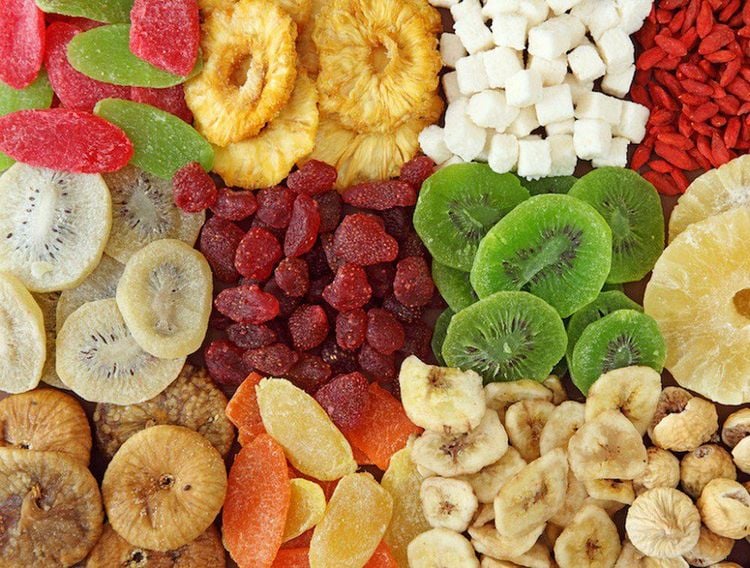
Ướp, sấy khô, đóng hộp, lên men,...là một số cách giúp thực phẩm giữ được lâu hơn
2.4. Do not be too perfectionist Did you know that the force of tossing a fruit box to choose the best fruit also contributes to food waste. Identical in taste and nutrition, so-called "ugly" fruits and vegetables are still transformed to produce products that are easier on the eyes.
Consumer demand for perfect fruits and vegetables has led major grocery chains to buy only perfect produce from farmers. This results in tons of food that is still good but only the unattractive appearance goes to waste.
You can sometimes buy vegetables or fruits in the market instead of going to the big supermarkets, the food in the markets that farmers grow and take care of themselves will be much cheaper than Similar products are sold in supermarkets. That way you are also saving money for your family.
2.5. Keeping the refrigerator from being overloaded Although the refrigerator is always a place to store things or store food when you have not had time to use them. But an over-full refrigerator can cause food waste.
To avoid food spoilage, please arrange your refrigerator in an orderly manner and respect the "first in, first out" order.
For example, you bought some new apples while your cupboard still has apples in it, so put the old apples out so they can be used to remove the new ones.
2.6. Save on leftovers You can't be sure that every food on your table will be consumed in one meal, there will always be more or less leftovers. And keeping them in the fridge is a sure thing, but sometimes you forget about them and from there the waste comes when they go bad and have to be thrown away.
The solution is to store leftovers in clear glass containers, instead of in opaque containers, placing them right where you can most easily see them when you open the refrigerator.
Or another way is that when you cook you always know the best taste of everyone in the family. You should avoid overcooking to limit leftovers.
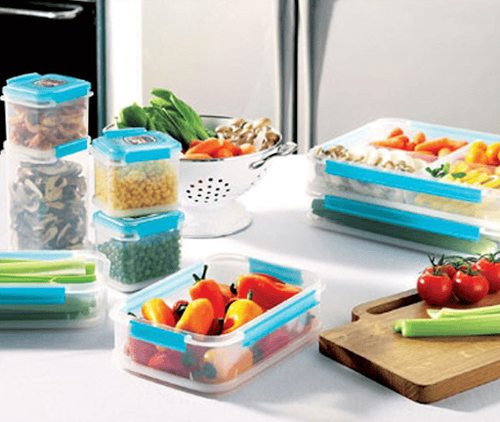
Nên bảo quản thức ăn thừa trong hộp thủy tinh và ở nơi dễ nhìn thấy để tránh bị quên lãng
2.7. Eat both skin and skins People often remove the skins of fruits and the skin of chicken when eating. This is a pity, as a lot of the nutrients are in the outer layer of the product and in the skin of the bird.
For example, apple skin contains a large amount of fiber, vitamins, minerals and antioxidants. In fact, researchers have identified a group of compounds found in apple peels known as triterpenoids. They act as potent antioxidants in the body and may have anti-cancer abilities.
Chicken skin also contains many trace nutrients, including vitamin A, vitamin B, protein and healthy fats. Furthermore, chicken skin is an excellent source of the antioxidant selenium, which helps fight inflammation in the body
In addition, the outer skin of potatoes, carrots, cucumbers, mangoes, kiwis and eggplants is also good. Edible and very nutritious.
Eating the skins or skins of fruits not only saves but also reduces the impact of food waste. Just make sure they are prepared or handled hygienically.
2.8. Try to be a seed saver Pumpkin is a favorite during the Halloween season, in the US over 500 million kilograms of squash are consumed each year, and most of them are just for carving pumpkins for display during the holiday season. disposed of, generating a small amount of waste.
In addition to using the delicious flesh of the pumpkin in recipes and baking, a great way to cut waste is to save seeds. In fact, pumpkin seeds are delicious and packed with nutrients.
They are rich in magnesium , a mineral that is important for heart health and helps control blood pressure and blood sugar .
Preserving pumpkin seeds is very simple, you just need to wash or dry them and store them in sealed jars waiting for use.
2.9. Making smoothies Making a nutrient-packed smoothie can be a delicious way to reduce food waste.
While the body and shell of the product may not taste as good as it did in the beginning, adding them to a smoothie is a good way to avoid waste.
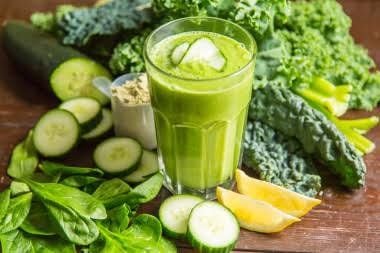
Tận dụng thân và vỏ của thực phẩm để làm sinh tố là một cách để tránh lãng phí
2.10. Making new dishes from leftovers Showing a talent for transformation by using leftovers to make a new dish is a good way to avoid waste.
Sauté vegetables such as the tops, stems, skins and any leftovers from the boiled dish with a little olive oil or butter, then add water and simmer into a delicious vegetable broth.
Instead of leaving leftover pieces of boiled meat, or now you can put them in the pot and add some fish sauce and rimmed onions to have an equally delicious new dish for the next meal.
However, you should not abuse too much because foods that are processed many times will lose nutrients gradually. The key is to process food in moderation.
2.11. Combined with water Today the rate of overweight and obesity is increasing, and with it the need to lose weight.
You can make some detox water for your body with some wilted fruits or herbs. It is a good savings policy that has both health benefits to help eliminate and purify the body.
2.12. Check your weight regularly It may not sound related to food waste, but not overeating is a big problem for many people. Ensuring your portions are within a healthy range not only helps with weight loss, but also reduces food waste, generating too much food waste that has a big impact on the environment.
Being more mindful of your hunger levels and practicing portion control are great ways to reduce food waste.

Kiểm tra cân nặng thường xuyên giúp giảm lãng phí thức ăn và rác thải thực phẩm một cách đáng kể
2.13. Use the right freezer Freezing food is one of the easiest ways to preserve frozen foods. For example, meat, fish, seafood...or some mildly tender greens to use in your favorite salads can be put in a freezer-safe bag or container and used later in the day. smoothies or other recipes.
2.14. Composting if you can Composting leftovers is a useful way to reuse food scraps, turning leftovers into energy for new plants.
2.15. Pack your lunch A useful way to save money while reducing your carbon footprint is to bring your lunch to work.
You can make a few snacks from the previous day's leftovers for breakfast the next day or a few for lunch to bring to work.
2.16. If you are a fan of tea and coffee, then the amount of waste is certainly not small. Farmers who are inclined to use green organic fertilizers certainly love these residues as fertilizers. They are high in nitrogen, phosphorus and potassium, which are excellent plant nutrients.
Coffee grounds are also an excellent natural mosquito repellent, preventing mosquitoes from laying eggs.
2.17. Take care of yourself If you want to save money while avoiding potentially harmful chemicals in some skin care products, try preparing a scrub or making a face mask at home.
Avocados are packed with healthy fats, antioxidants and vitamin E, making them a perfect addition to a natural face mask. Combine ripe avocados with a dash of honey for a luxurious blend that can be used on the face or hair.
You can also mix used coffee grounds with a little sugar and olive oil to create a body scrub. You can also apply cooled tea bags or excess cucumber slices to your eyes to reduce puffiness.
The practical tips in this article will not only help you waste less food, but can also save you money and time. Thinking more about the food your family wastes every day, you can help make a positive change to conserve some precious resources. Even minimal changes to the way you shop, cook and consume food will help reduce your impact on the environment.
Any questions that need to be answered by a specialist doctor as well as customers wishing to be examined and treated at Vinmec International General Hospital, please contact the Website for the best service.
Please dial HOTLINE for more information or register for an appointment HERE. Download MyVinmec app to make appointments faster and to manage your bookings easily.
References: epa.gov, healthline.com




